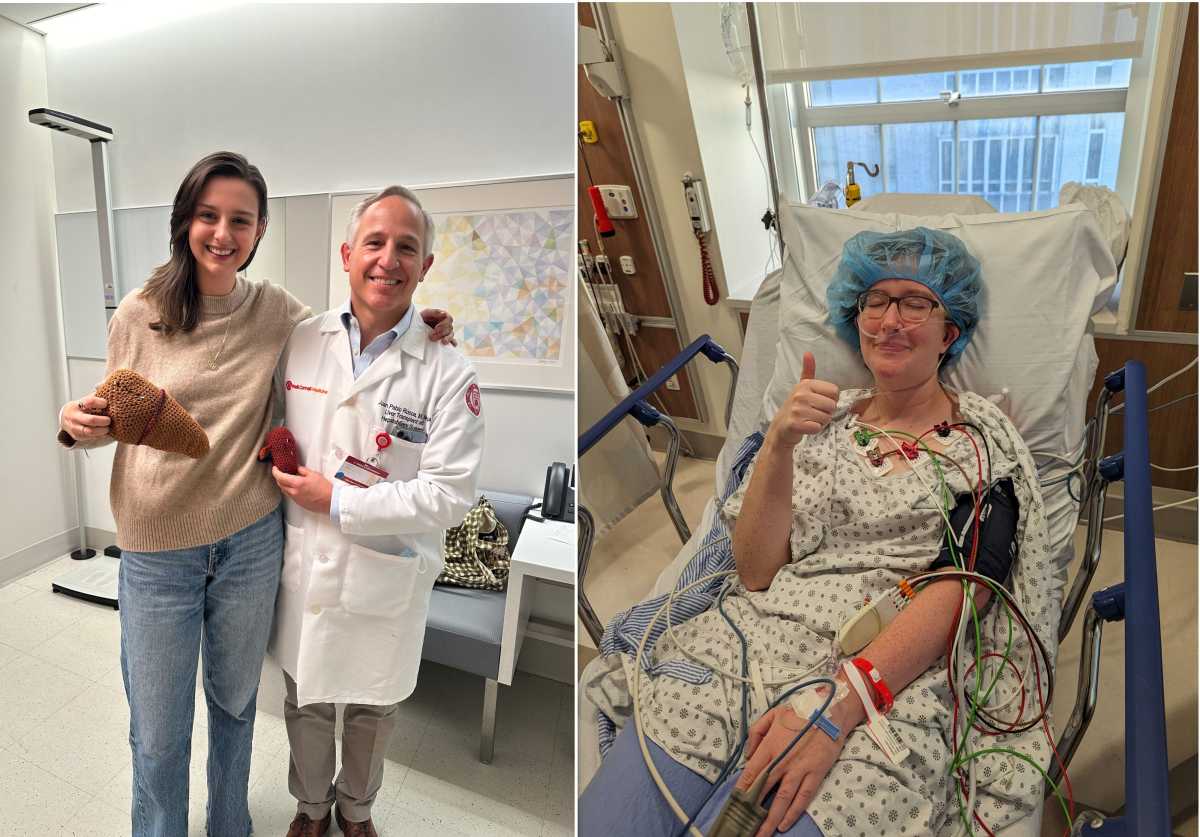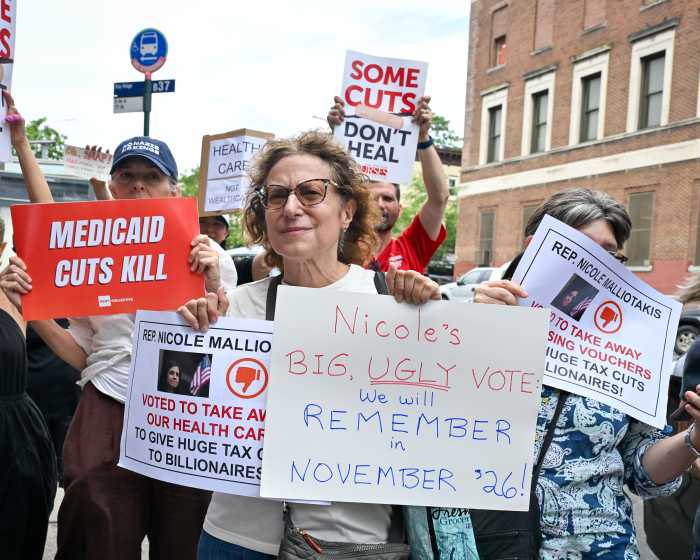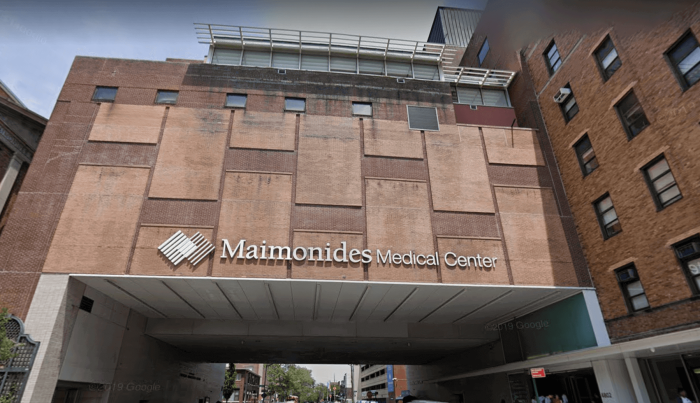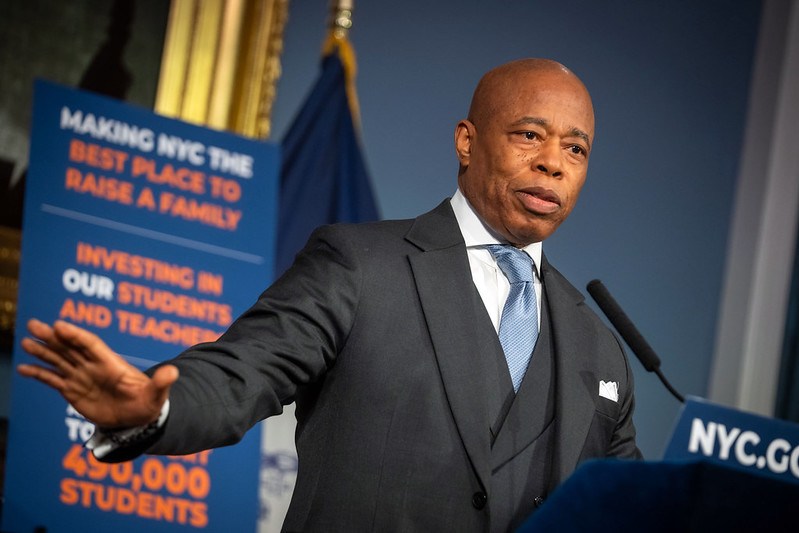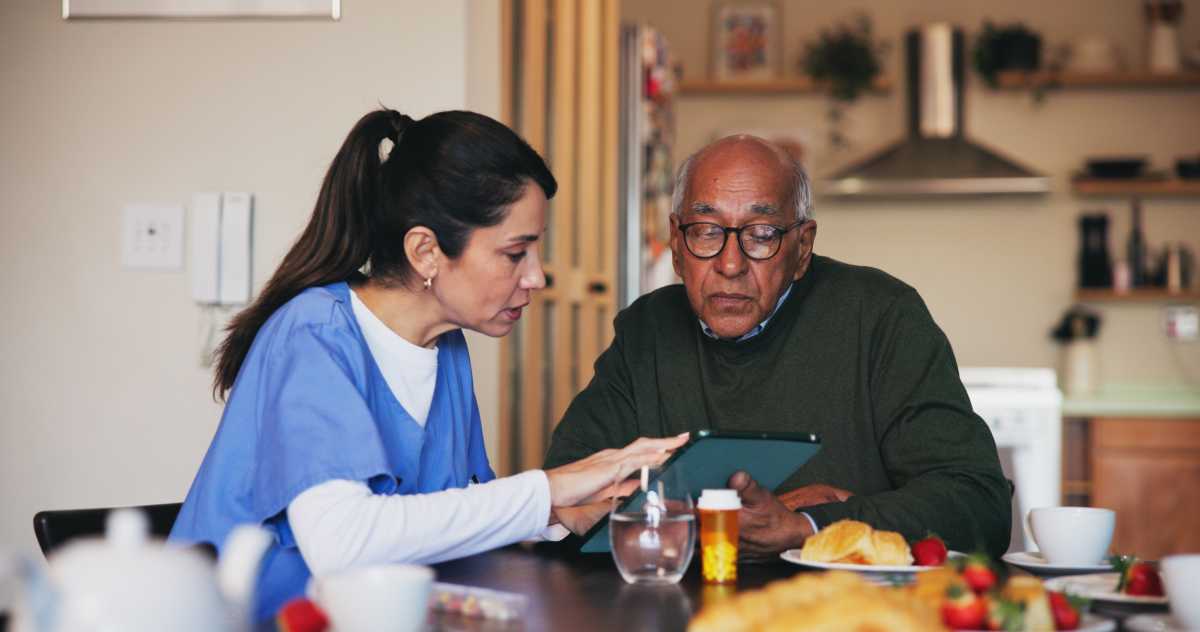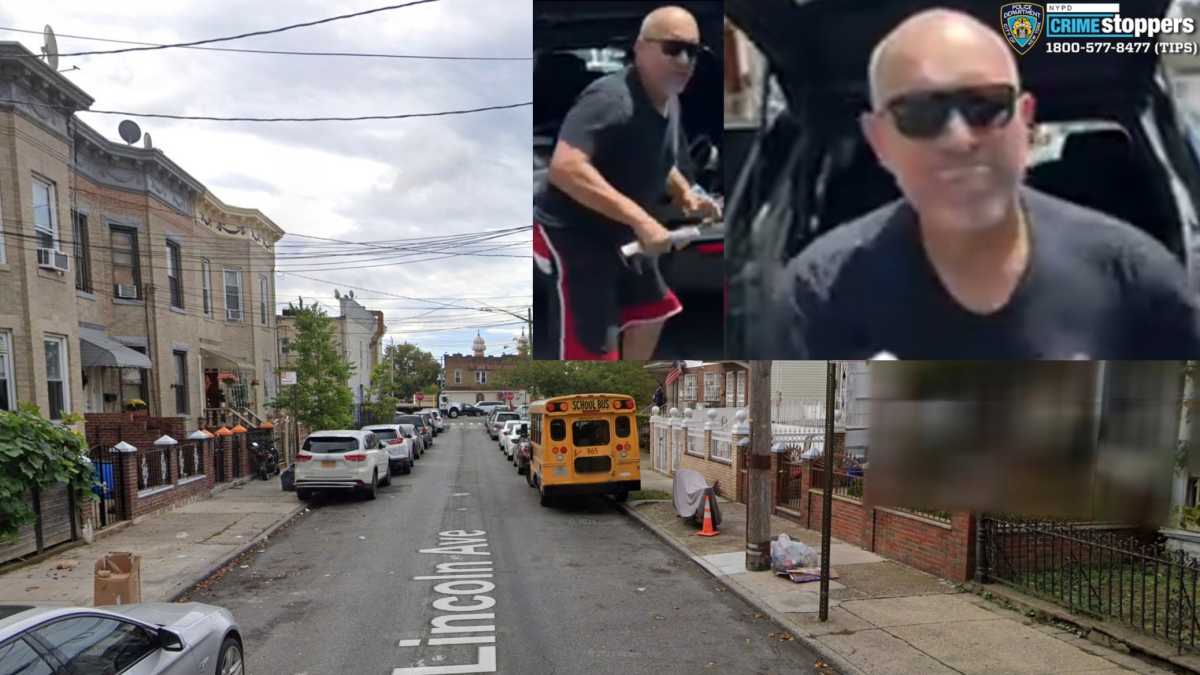Health professionals across the state are working to improve New York’s hidden health crisis, low organ donors enrollment, during National Donate Life Month.
Kings Country trails behind the national average for people registered to be an organ donor, with only 35.9% of people enrolled. The national average is 64%. According to healthcare professionals, this leaves over 8,000 New Yorkers in a life-threatening limbo.
Members of Donate Life New York State are taking life into their own hands by addressing residents’ fears when it comes to organ donation.
Aisha Tator, executive director for Donate Life, said that since she joined the team 11 years ago, they have more than doubled the number of New Yorkers registered as organ donors. But she said there is still work to be done to bring Brooklyn to the national average rate.
Her team has found that there are two distinct challenges when addressing this health concern: lack of education and lack of access. Most people register to become a donor when they get their license at the Department of Motor Vehicles (DMV), according to Tator. Since a large number of Brooklynites don’t have their license, they don’t get that chance the sign up, creating a larger divide between those in need of a donor and those who can give.
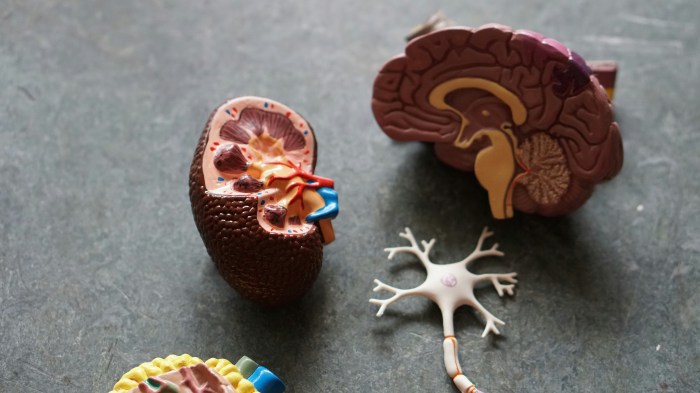
The other challenge, which affects people nationwide, is a general mistrust in the medical field that’s caused potential donors to be turned off from the idea of registering.
“Just like the [COVID] vaccine hesitancy, we need to have a conversation that talks about medical mistreatment that has created a reluctancy,” she said. “We’re working very hard to create greater access.”
When it comes to donating, there are two options: a deceased donor who registered before their passing or a living donor who can select who their organ goes to. The latter is often the go-to for patients who have health concerns that aren’t severe enough to land them at the top of the United Network for Organ Sharing critical needs list.
A deceased donor can save eight lives and positively impact over 75 more, according to reports by the Health Resources and Services Administration. Roughly 103,223 people are currently on the national transplant waiting list, with a new donor being added every eight minutes.
The problem with living donors is that most people don’t consider doing so unless they have a personal experience with it.
“We’re always looking to partner with community based organizations so that we can get the information out there [and] so that the majority of people who are not personally touched by this mission and understand this on a personal level, understand the importance to the community at large,” Tator said.
A pair of Brooklynites share their organ donation story
One Kings County resident had one of those personal experiences, which she said changed her life.
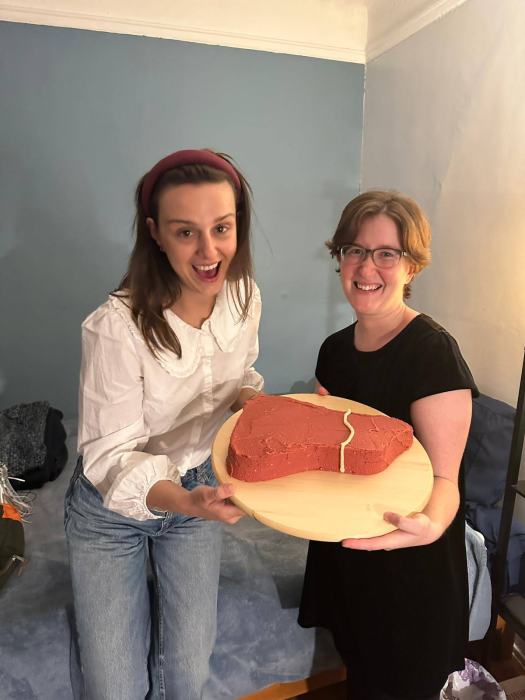
Vicky Dennis, a once-healthy Bay Ridge resident, was 27 years old when lingering COVID symptoms landed her in the emergency room. Dennis was then diagnosed with two autoimmune conditions, and a year later, doctors delivered the news that her liver was at the end stage of liver disease, meaning she would needed a transplant soon.
“It was a complete shock to me. Like my whole world was basically flipped upside down,” she said. “Once I learned that, being in my late twenties and otherwise healthy before this, I was overwhelmed. I knew nothing about the organ donation process.”
For the first time, Dennis was getting an up-close look of what goes into finding a viable living donor match. Donors go through multiple rounds of blood testing to see if they are the same blood type as the recipient. Once they’ve confirmed they have the same type, they move onto the next phase of blood imaging tests, more intensive check-ups and even a mental wellness check in with psychiatrist.
“You have to have a completely clean bill of health to be a donor,” she said. “It’s a big commitment.”
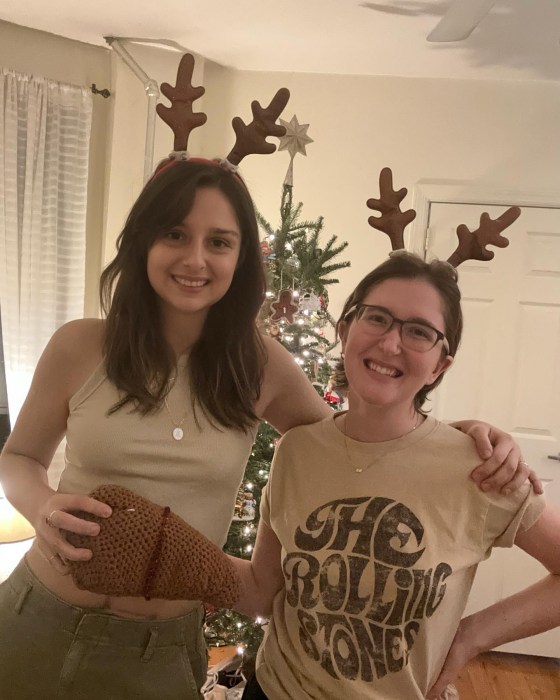
But in her search for a liver, it ended up being a close friend with a “giving heart” who was a match. Zoë Johnson willingly reached out to the hospital to see if she was a match for Dennis, and to her delight, she was.
“I’ve always donated blood. I’ve always thought it was really important,” Johnson said, noting that the liver is only organ that can regenerate itself. “Like, why aren’t we doing more to help.”
Johnson said she knew the transplant wouldn’t be an easy process. Ahead of the surgery, Dennis connected her with a community of donors who chatted with Johnson and prepared her for the journey she was about to take.
“I was really lucky that this was with Vicky and somebody that I knew and somebody that was so positive about it,” Johnson. “They tell you about the risks and of course there’s always risk that something can go wrong but ultimately I think the benefits 100% outweigh the risks.”
The two truly tried to make the best of their experience by celebratory beach days, dressing up as livers for Halloween, and taking photoshoots with a crocheted liver made by Johnson ahead of the surgery. They documented the memories on Dennis’ Instagram page.

“I think it’s important for people who get this diagnosis and think that their life is over, it’s not,” Dennis said. “There’s a lot of hope. There’s a lot of amazing medications and preventative care.”
If New Yorkers are looking to donate, there’s plenty of ways to do so, according to Tator. They can register at the DMV, on your voter registration form or more conveniently from the Donate Life website. Signing up is even easier for iPhone users, who can register through the Health app on their phones.
“That’s just a testament to New Yorkers, right,” Tator said. “You can’t ask for a more generous and kind New Yorker than that.”


